The Independent National Electoral Commission (INEC) has pledged to address long-standing electoral challenges faced by Persons with Disabilities (PWDs) as part of its broader commitment to inclusivity in the democratic process.
Speaking during the “Able to Vote” sensitization event organized by TAF Africa in Anambra State, the Resident Electoral Commissioner (REC) for the state, Dr. Queen Elizabeth Agwu, affirmed that INEC is implementing strategic measures to ensure the full participation of PWDs in the upcoming November 8, 2025 governorship election.
Dr. Agwu highlighted several initiatives already undertaken by the Commission, including the provision of Braille ballot guides for visually impaired voters, priority voting for PWDs and elderly citizens, installation of ramps at polling units, and continuous training of INEC staff to offer respectful and effective support to voters with disabilities.
“Section 54 of the 2022 Electoral Act mandates us to make adequate provisions for the inclusion of Persons with Disabilities. INEC is fully committed to ensuring that every eligible voter, including PWDs, can vote independently and without hindrance,” Dr. Agwu stated.
The sensitization campaign, supported by the European Union and hosted across Anambra’s three senatorial zones — Awka, Nnewi, and Onitsha — is aimed at boosting the confidence of PWDs and encouraging active political participation, both as voters and candidates.
Senior Communications Officer at TAF Africa, Lynn Agwuncha, explained that the campaign seeks to eliminate voter apathy among PWDs caused by stigma, harassment, and inaccessible polling environments.
TAF Africa’s Chief Executive, Chief Jake Epelle, emphasized that inclusion goes beyond the right to vote. “We are urging PWDs to also engage actively in politics and pursue elective positions. It’s about full participation, not tokenism,” he said.
Chief Epelle further called on the Anambra State Government to designate 10 local government areas as pilot zones to test and refine strategies for disability inclusion during elections.
Other stakeholders at the event — including representatives of the Nigeria Police, civil society organizations (CSOs), the media, traditional institutions, and the Joint National Association of Persons With Disabilities (JONAPWD) — voiced their support for inclusive electoral practices.
JONAPWD Chairman, Comrade Ugochukwu Okeke, expressed gratitude to INEC, TAF Africa, and media partners for championing electoral inclusion, urging PWDs across the state to seize the opportunity provided by the 2022 Electoral Act to participate actively in the electoral process.
Civil society advocate Mrs. Ugochi Ehieahuruike noted that greater turnout of PWDs in the November election would significantly boost voter participation and deepen democracy in Anambra State.
The “Able to Vote” initiative underscores a growing commitment among electoral stakeholders to uphold the rights of all citizens, regardless of physical ability, in Nigeria’s democratic processes.


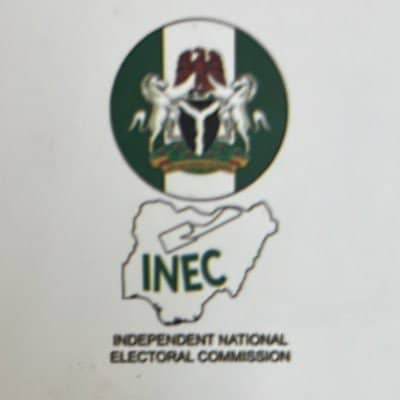
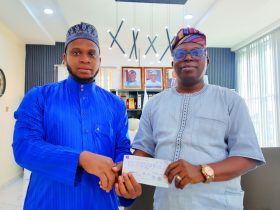
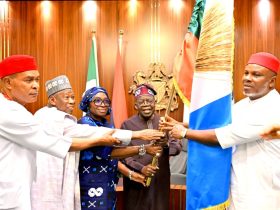
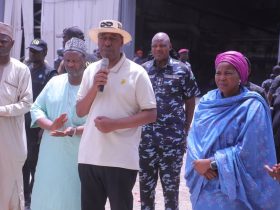
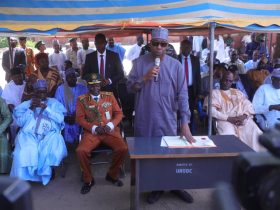



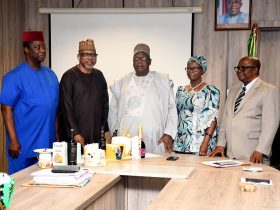
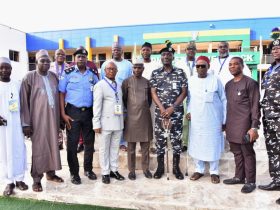
Leave a Reply